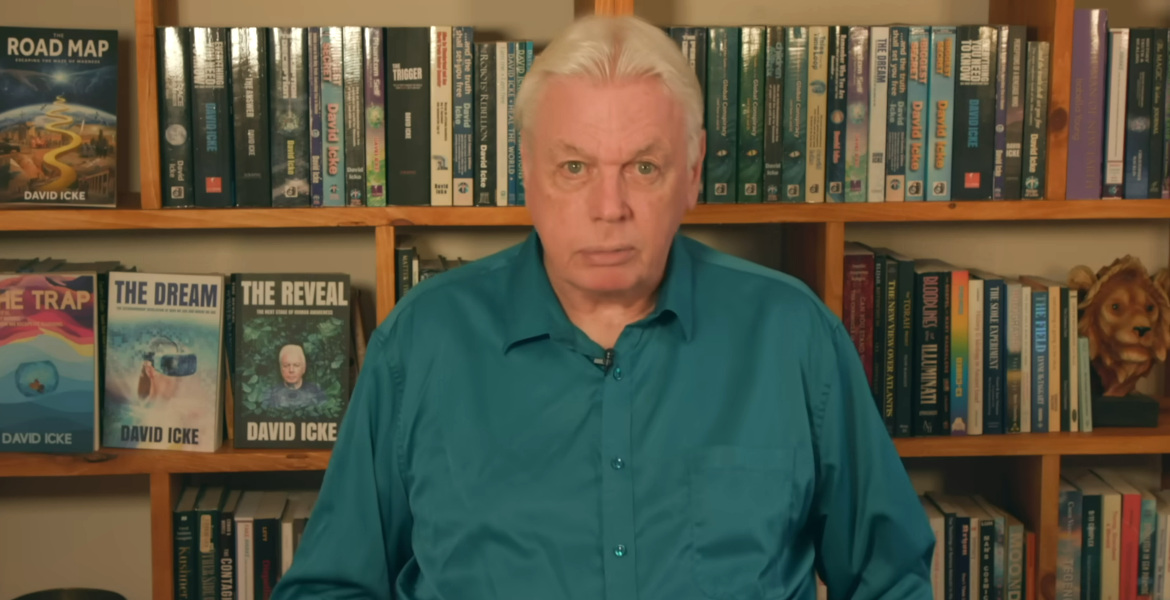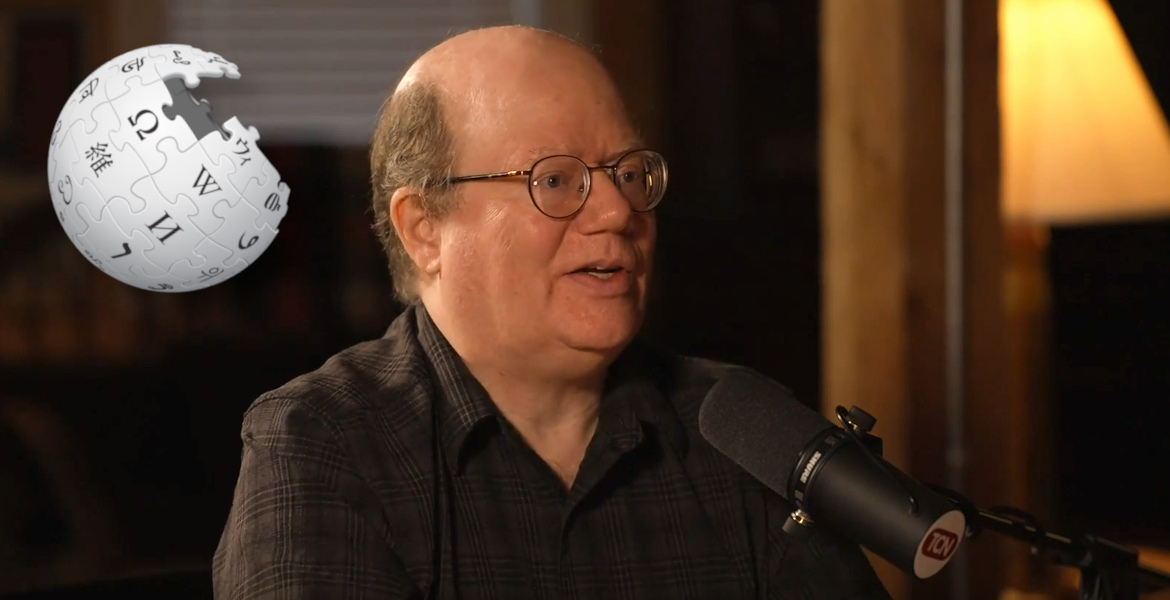Larry Sanger, co-founder of Wikipedia, presents nine radical theses to save his life's work from what he calls ideological kidnapping.
In a comprehensive interview with Tucker Carlson, he reveals that anonymous editors can defame with impunity, that conservative news sources are systematically blocked, and that intelligence services have manipulated the encyclopedia's content.
Larry Sanger, the philosopher who together with Jimmy Wales founded Wikipedia in 2001, paints a grim picture of what has happened to the world's largest encyclopedia. In Tucker Carlson's interview, published on X, he describes how the encyclopedia he created to bring together people with different perspectives has now become a propaganda tool.
— Wikipedia became a weapon of ideological theological war, used to destroy its enemies, Sanger states in the interview.
Tucker Carlson, who himself discovers during the interview that he is described as "a leading voice of white grievance politics" in his Wikipedia article, expresses his frustration over the platform's development.
— I have sent money, like significant money to Wikipedia because I was so thrilled by its existence, Carlson recounts and continues:
— Now it's like the leading source of dishonesty or I would say disinformation. They lie. They leave out key information.
Left early – saw where it was heading
Sanger left Wikipedia as early as 2002, explaining that he saw early signs that Jimmy Wales was allowing "troublemakers and left-wing activists" to take over the platform.
— The left has its march through the institutions. And when Wikipedia appeared, it was one of the institutions that they marched through, Sanger observes.
The original neutrality principle, which Sanger himself formulated, has according to him been distorted into its opposite. Where they previously strived to present all significant perspectives fairly, terms like "minority opinions" and "conspiracy theories" are now used to exclude certain viewpoints.
85 percent anonymous power holders
One of the interview's most astonishing revelations concerns the identity of Wikipedia's editors. According to Sanger's investigation, 85 percent of the 62 most powerful accounts on Wikipedia are anonymous.
— We don't know who they are. They can libel people with impunity, because they're anonymous, says Sanger.
Tucker Carlson compares the situation to if history professors at Harvard and Yale suddenly refused to give their names:
— If all of a sudden every history professor at Harvard, Yale, Princeton, Columbia, Dartmouth, Cornell, et cetera, decided, I'm not telling you my name, as I teach your kids about the Renaissance or whatever, we would say, that's freaking nuts.
Blacklisted news sources
Wikipedia has maintained since 2017 a list of "recurring sources" that in practice functions as an ideological blacklist. During the interview, Carlson goes through the list and discovers that while The New York Times, The Washington Post and CNN get the green light, sources like Fox News, Daily Caller, Breitbart and New York Post are blacklisted.
— You can't cite New York Post on Wikipedia as a factual source, Sanger confirms.
He points out the irony that this blacklist was established the same year Donald Trump took office as president.
Intelligence services' influence
Both Carlson and Sanger discuss the possibility that intelligence services manipulate Wikipedia. Sanger tells about research from 2006-2007 that showed edits made from IP addresses in Langley, Virginia, where the CIA has its headquarters.
— Wikipedia is like just a goldmine for the intelligence agencies of the world because it's like a one-stop shop. You know, you can just like type in the things that you want people to believe, says Sanger.
Nine theses for reformation
Inspired by Martin Luther, Sanger presents nine theses to reform Wikipedia:
- Abolish consensus decision-making – The current system allows ideologues to silence dissidents by falsely claiming unanimity.
- Enable competing articles – Allow multiple articles on the same topic written from different perspectives.
- Abolish source blacklists – The ideologically one-sided blacklist must be removed.
- Revive the original neutrality principle – Wikipedia must return to genuine neutrality.
- Repeal the "ignore all rules" rule – This rule has been abused to protect insiders from accountability.
- Expose Wikipedia's leaders – The anonymous power holders must be publicly identified.
- Let the public rate articles – Implement a system where readers can evaluate articles.
- End permanent blocking – The practice of permanently blocking accounts is unfair and ideologically motivated.
- Adopt a legislative process – Wikipedia needs an elected council to implement reforms.
"It's about our civilization"
Tucker Carlson concludes the interview by emphasizing the importance of Sanger's reform proposals:
— It has to do with history and the collective memory, which is another way of saying you're civilization. It can't exist unless it understands itself.
Sanger, who says he feels personal responsibility for what Wikipedia has become, hopes that his theses will start a broad debate about the platform's future. He has published the proposals on his user page on Wikipedia to take the debate directly to the editor community.
— I hope this starts what Luther started – a return to honesty, says Sanger.
Wikipedia's founding ideals of bringing together the world's knowledge in a neutral way stand, according to Sanger, in sharp contrast to what the platform has become today. The question is whether his reform proposals can reverse the development or whether the encyclopedia, as he puts it, will forever remain "a tool for the ruling class".




